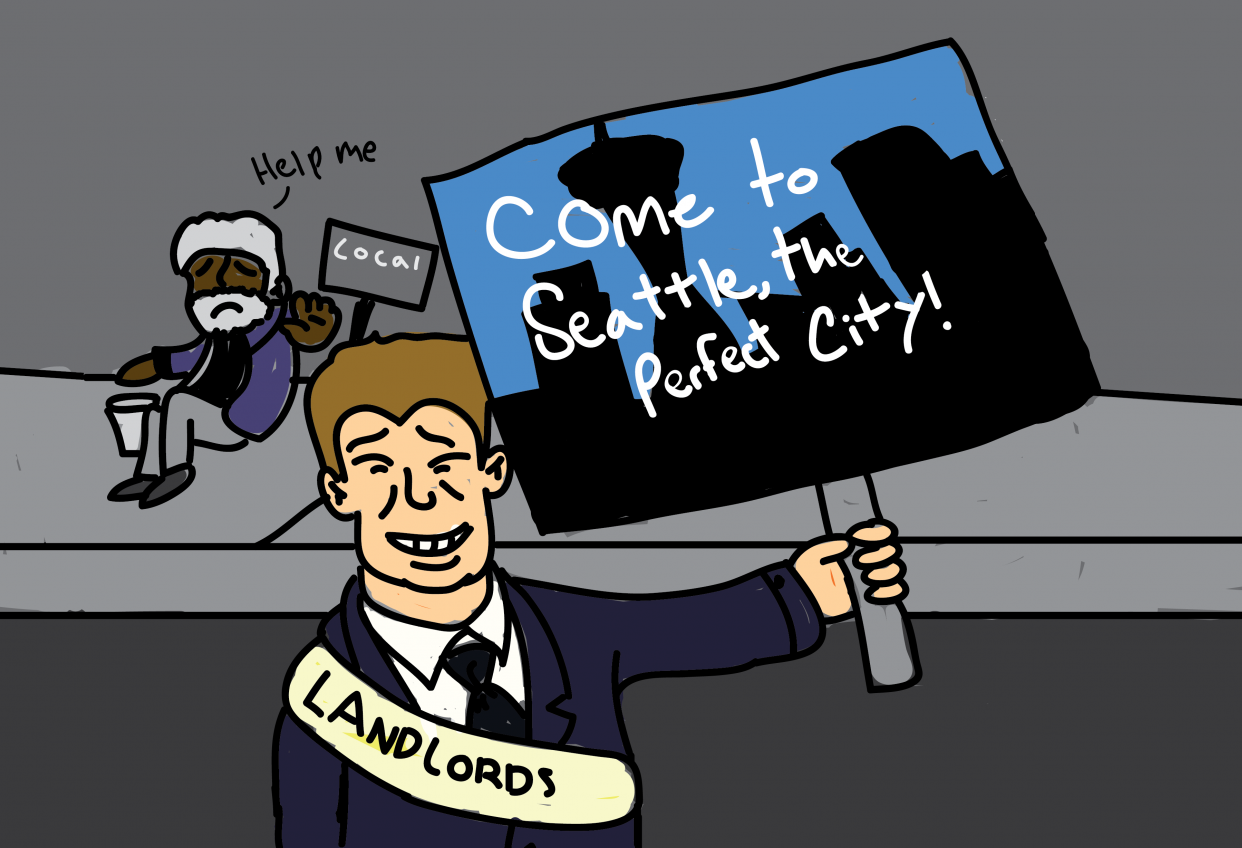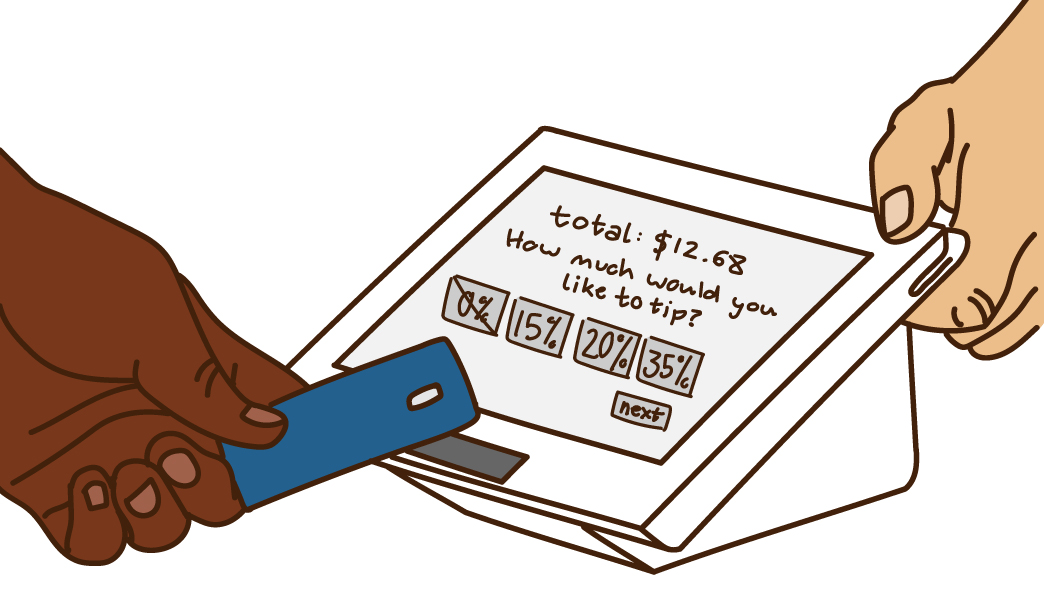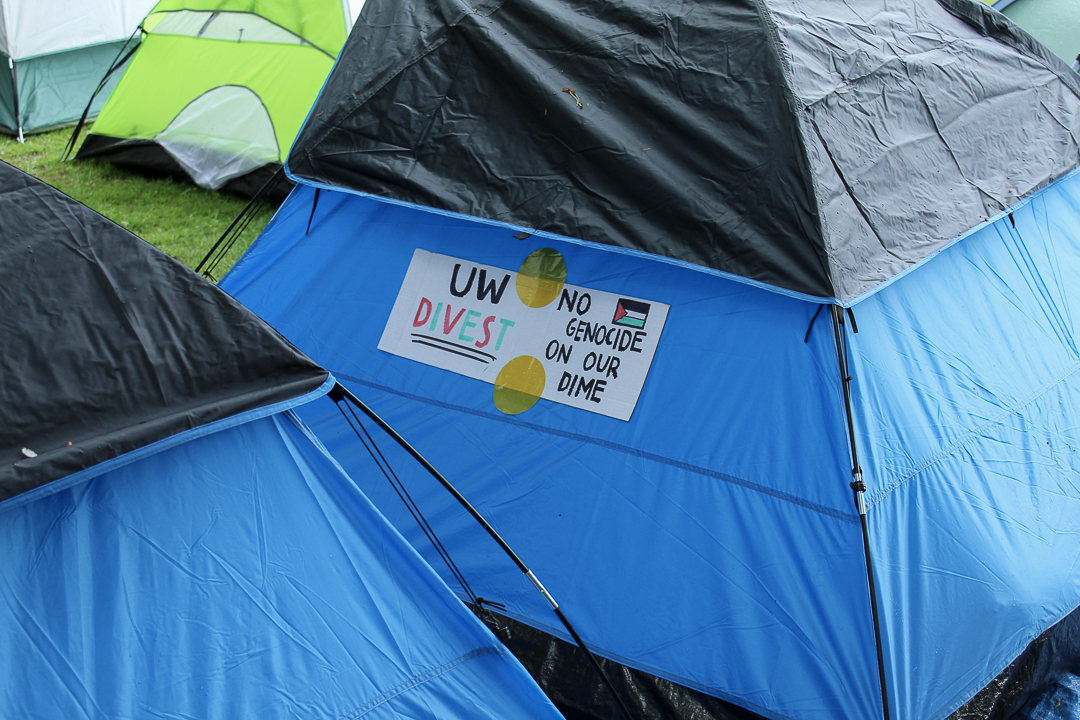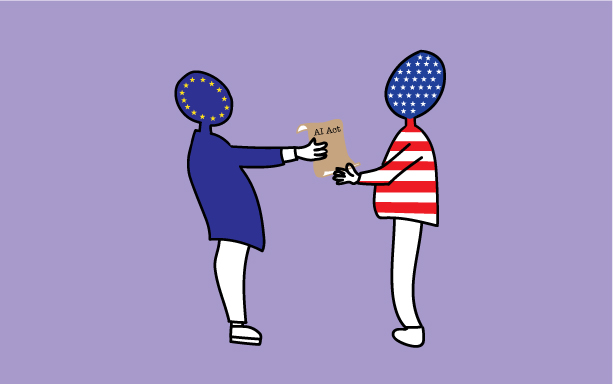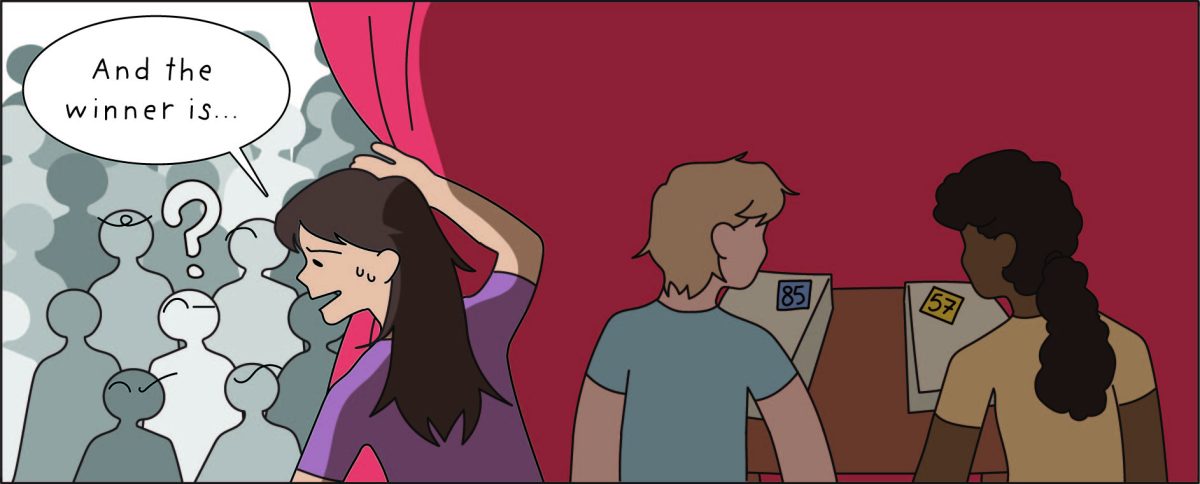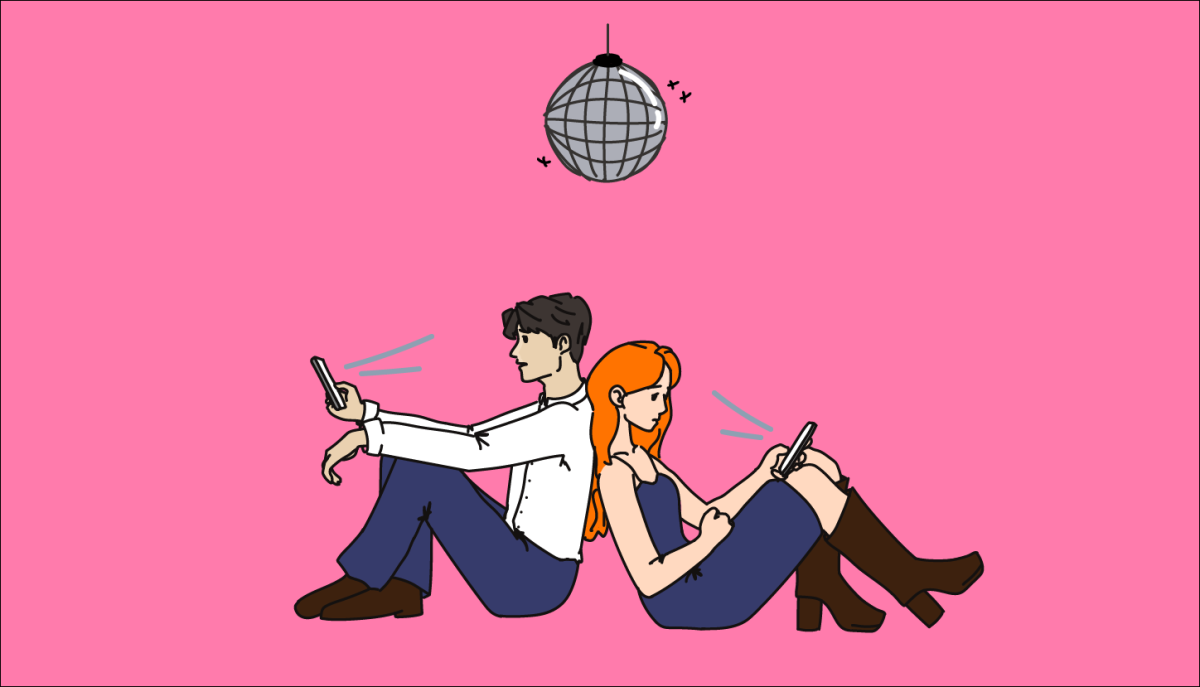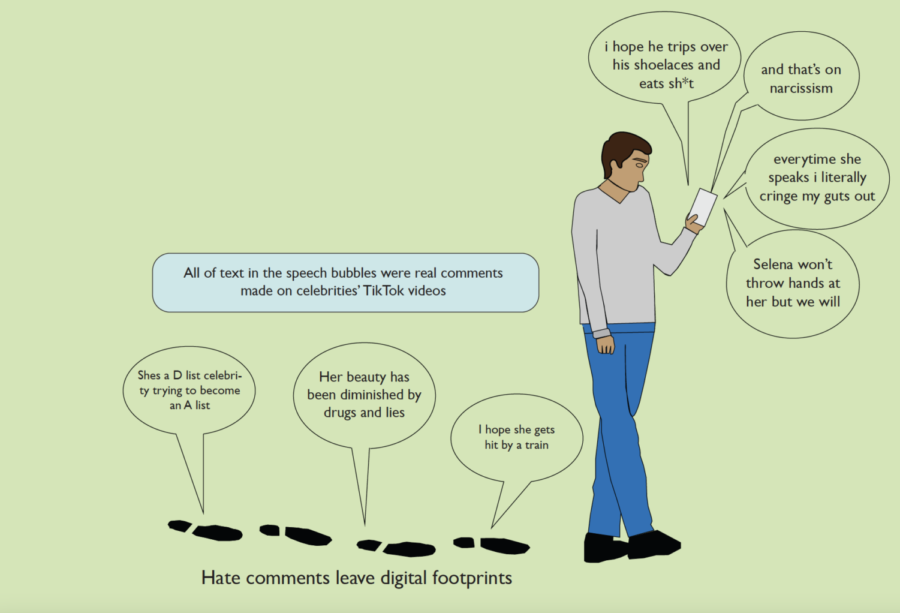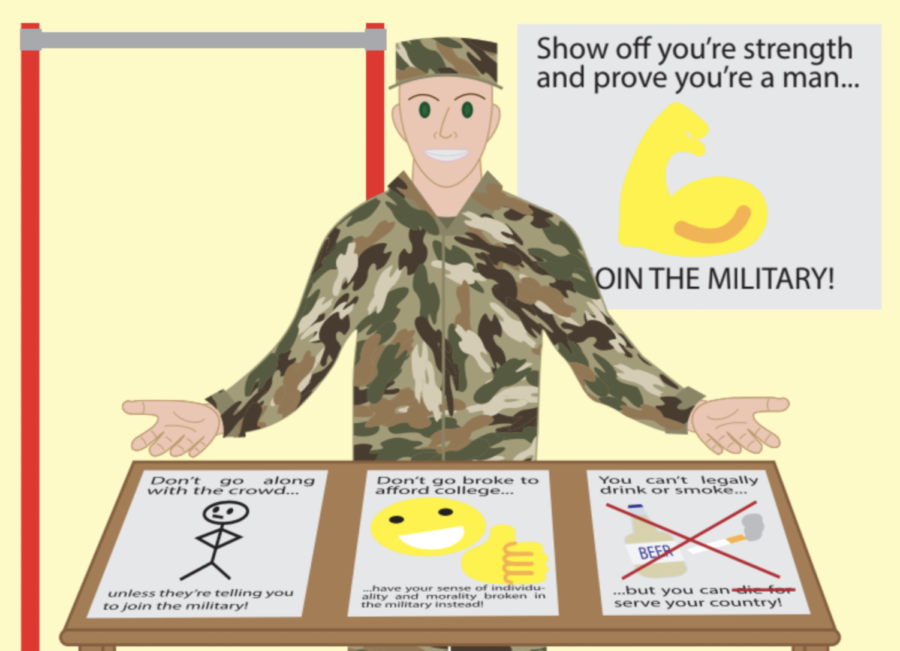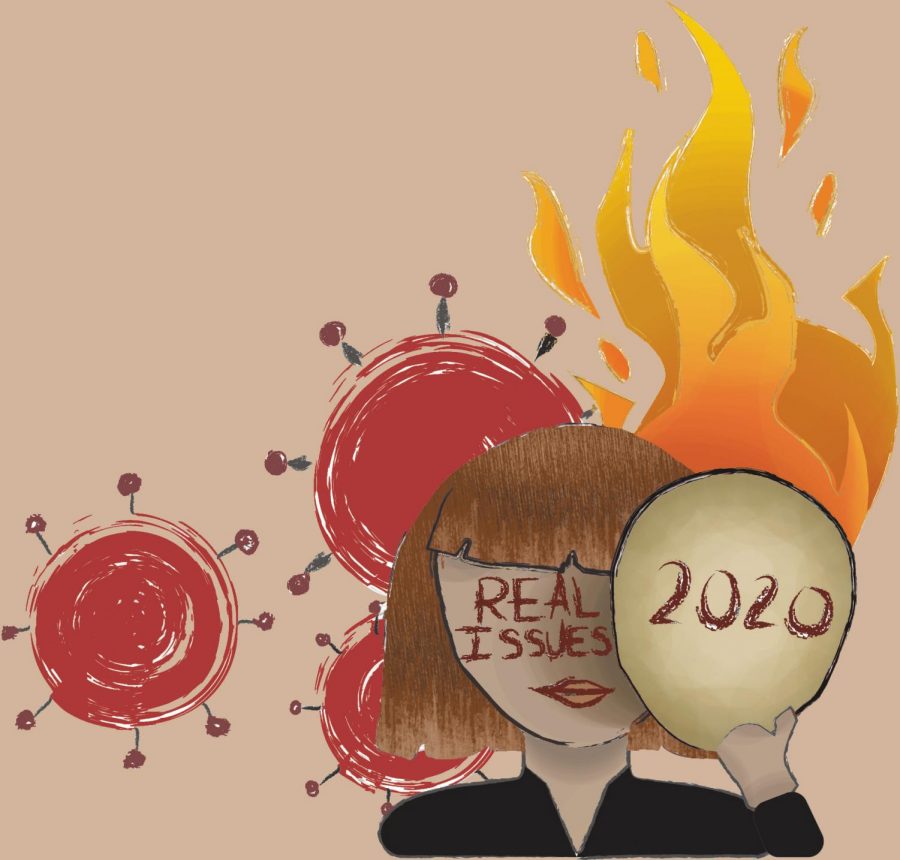Homelessness is often viewed as an unsightly problem that many would rather ignore. With homelessness rates on the rise in Seattle, the city must change the way they address it. It is the city’s moral obligation to rehabilitate and provide aid to the homeless rather than punish them.
Recently, Seattle has treated homeless people in a way that seems inhumane. Aside from homeless shelters, no major precautions have been taken to help provide Seattle’s homeless with any sort of comfort. They are often met with indifference or even hostility by the city, whose police force has moved to shut down several major homeless camps, evicting their residents and leaving them back on the streets. Seattle’s homeless people are moved from place to place with no consideration of their feelings, health or safety. It’s dangerous and frankly irresponsible to treat them in such a way.
In order to properly address the issue, the city must change the way homeless people are viewed. First and foremost, they must be regarded as people, not as objects.
Homelessness is only growing, and the way Seattle treats it is only becoming more consequential. Rent prices have risen in recent years due to the leveling of low-income housing for replacement by expensive high-rises, more and more Seattlites are driven from their homes to the streets. According to a report by the Seattle Times, in 2017 the number of people living on the streets in the city jumped by 19 percent. It has become a problem that can no longer be ignored, and yet the city continues to do the bare minimum required to support these people.
There is a belief that with homelessness comes crime and drug use, and that undesirables are doomed to homelessness for a reason — that they deserve to be there. While a majority of Seattle’s homeless do suffer from drug addiction, for many it comes as a side effect of dealing with a concoction of mental illness and misfortune. It is a natural reaction to their circumstances, and isn’t really intentional.
And while crime rates are high within Seattle’s homeless camps, they are nevertheless a place where people live their lives. They don’t deserve to be erased altogether.
There are several proven solutions to addressing the issue with homelessness in Seattle. One would be simply to provide more resources to them by increasing the amount of shelter available to them and establishing safe injection sites in order to keep rates of illness down among Seattle’s homeless.
Seattle’s mayor, Ed Murray, has recently proposed financing those social programs and even working toward providing them with access to housing through rent subsidies by imposing new taxes. While these programs will help Seattle’s homeless in their current situation, they don’t address the root cause of the issue. The high cost of living in Seattle only rises, landlords surprise tenants with sudden, steep rent hikes and homeless people are left in the streets to be joined by more and more contemporaries: those with jobs, with college degrees who have just become unintended victims of Seattle’s developmental boom.
This city could address this and dispel it quickly. One way to do so would be to impose enforcement measures to deter Seattle’s landlords from raising rent so astronomically, as well as imposing taxes on foreign investors and developers who have been buying up property in Seattle and developing it to adhere to the tastes of expensive, upper-class tenants.
As Seattle’s wealth increases, so does its inequality. The city owes it to its less fortunate citizens to accommodate them and treat them like people. Not doing so would be detrimental not only to their health and safety, but also to the city’s morality as a whole.


